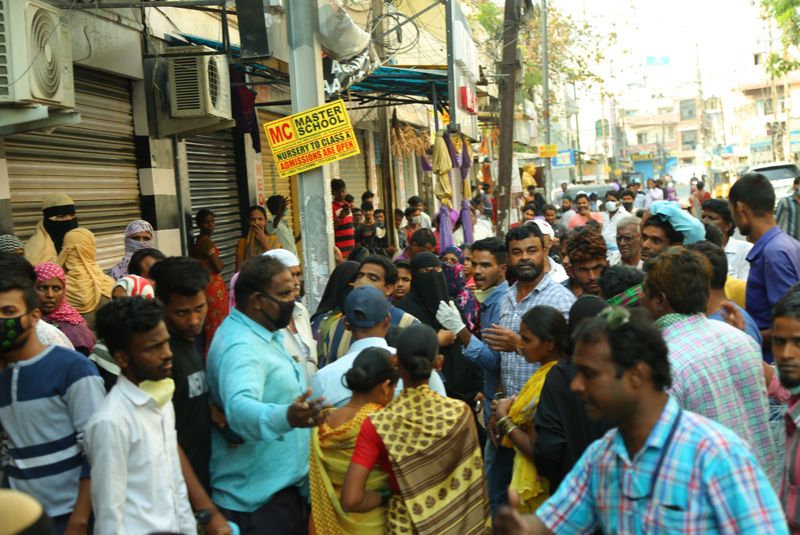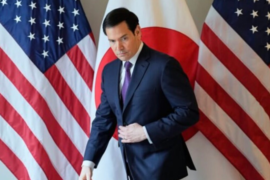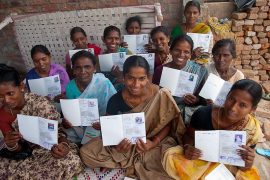On March 25, 2020, the Prime Minister of India, Narendra Modi, announced a 21-day nation-wide lock-down in response to the COVID-19. Michael Ryan, the Executive Director of the World Health Organisation (WHO), claimed that India had a “tremendous capacity” to eradicate the virus, given its past success with polio and smallpox. However, the inadequate health infrastructure to deal with a looming pandemic, in a nation of 1.3 billion people, does not help.
The Finance Minister, Nirmala Sitharaman, has also announced a slew of relief measures to aid the vulnerable sections of society. Despite this package of Rs.1.7 lakh crores, most workers in the unorganised sector remain helpless. Scant provision of food-items (5 kgs of wheat or rice along with 1 kg of pulses) has attracted vociferous criticism.
The money has been disbursed into bank accounts, which are not accessible due to the lockdown. In fact, many people do not have bank accounts or ration cards; this makes the entire exercise futile. The move was pilloried by the opposition parties, who called for direct cash transfers for those in desperate need.
At the outset, due consideration must be given to containing the spread of the virus. Fiscal prudence, however, cannot be discarded in times of financial precarity. However, the government’s actions hardly inspire confidence.
-30-
Copyright©Madras Courier, All Rights Reserved. You may share using our article tools. Please don't cut articles from madrascourier.com and redistribute by email, post to the web, mobile phone or social media.Please send in your feed back and comments to [email protected]











